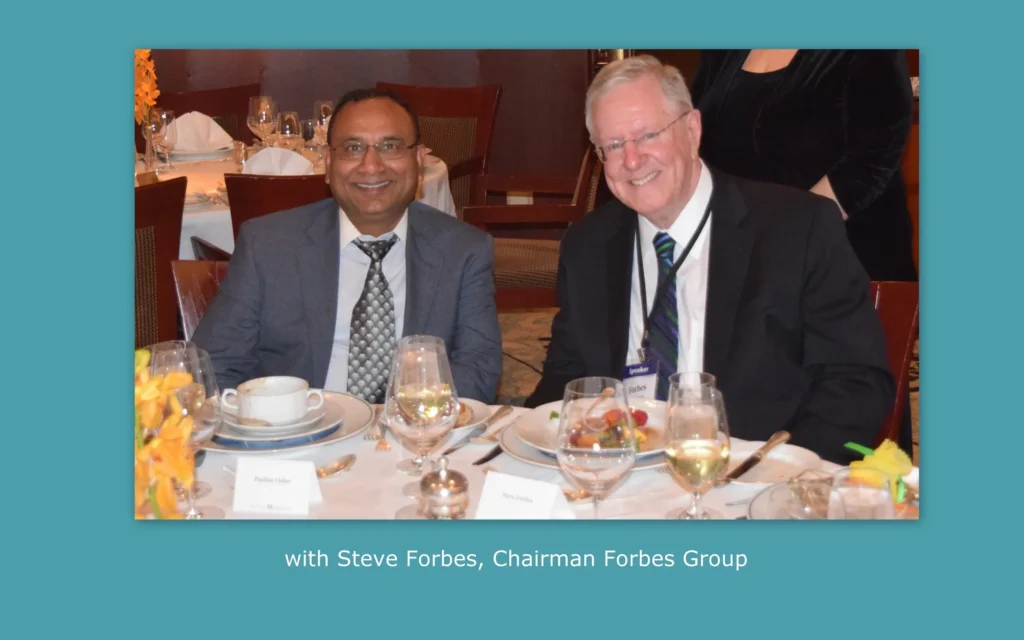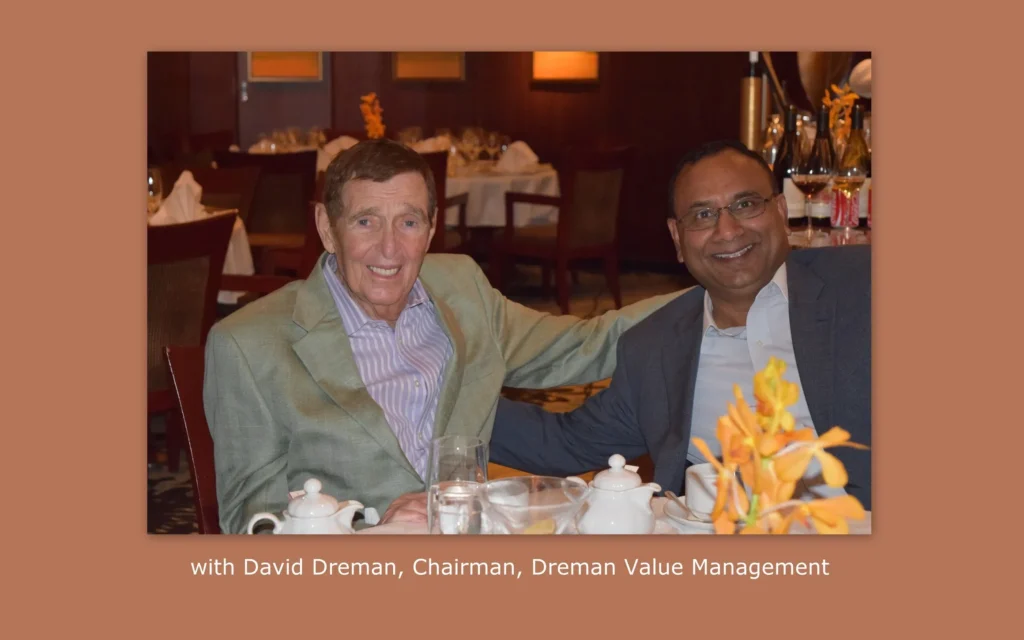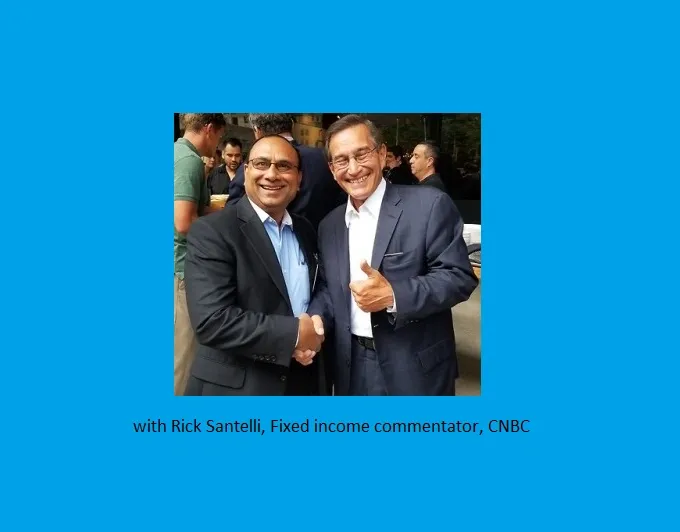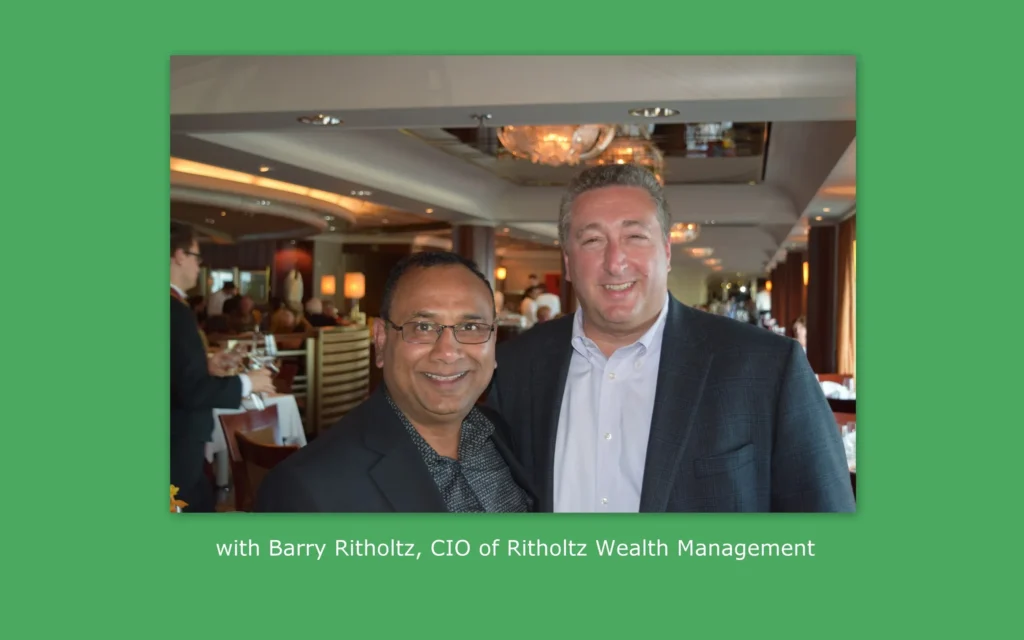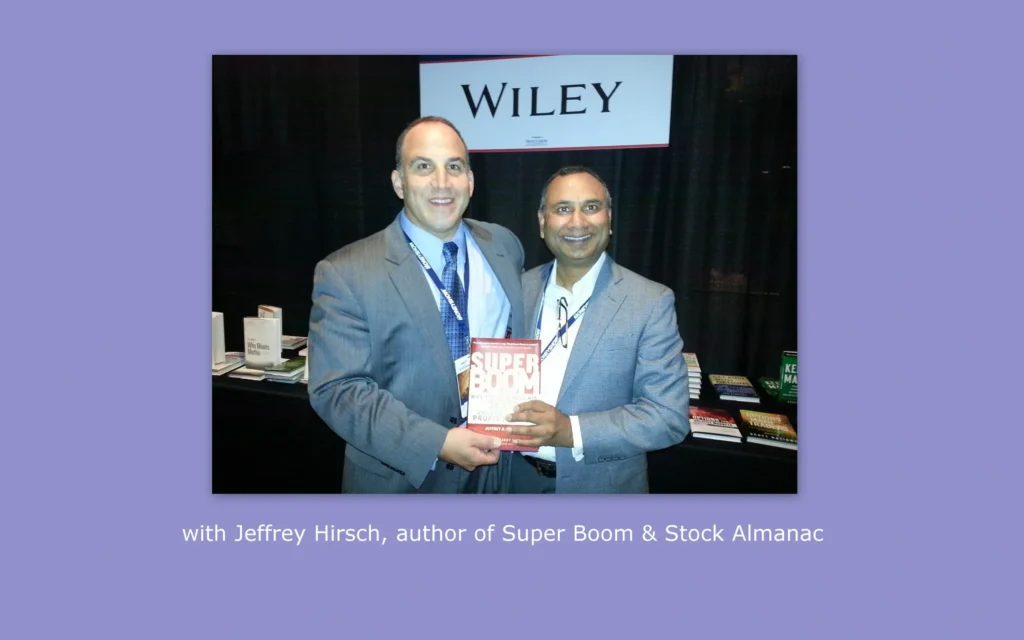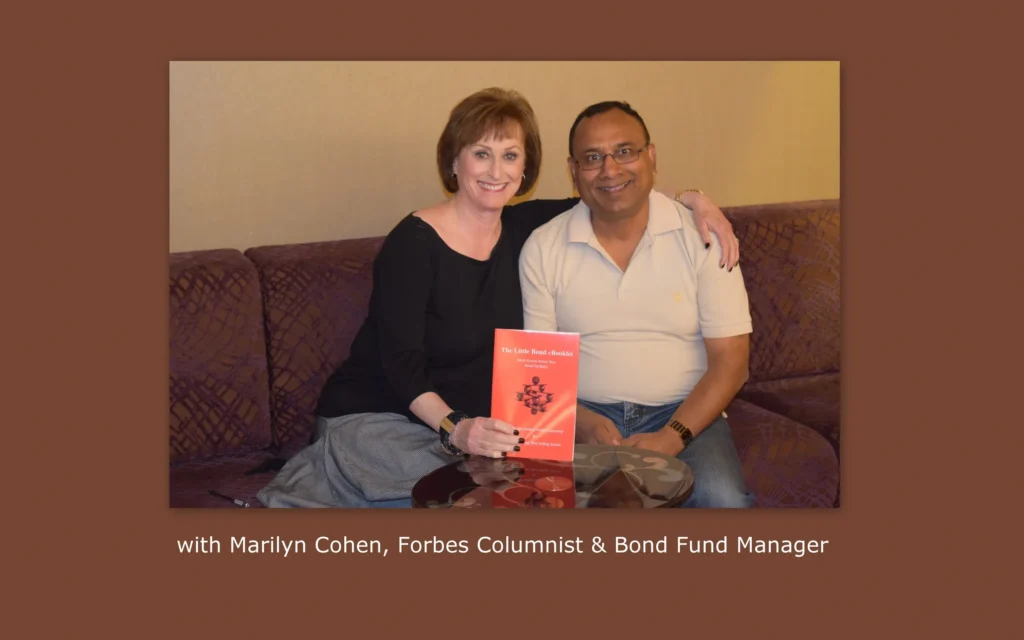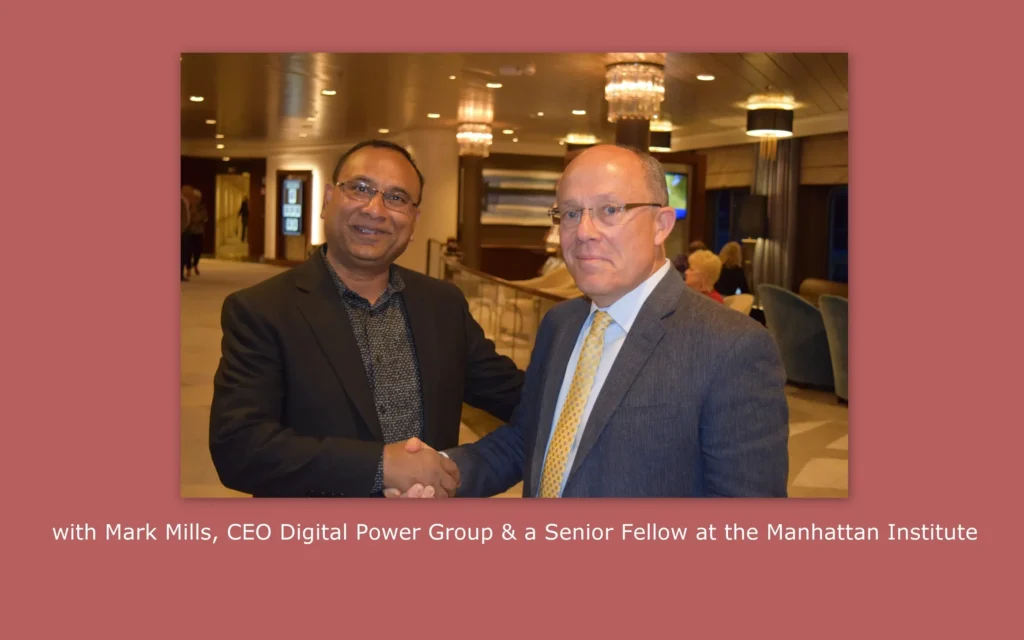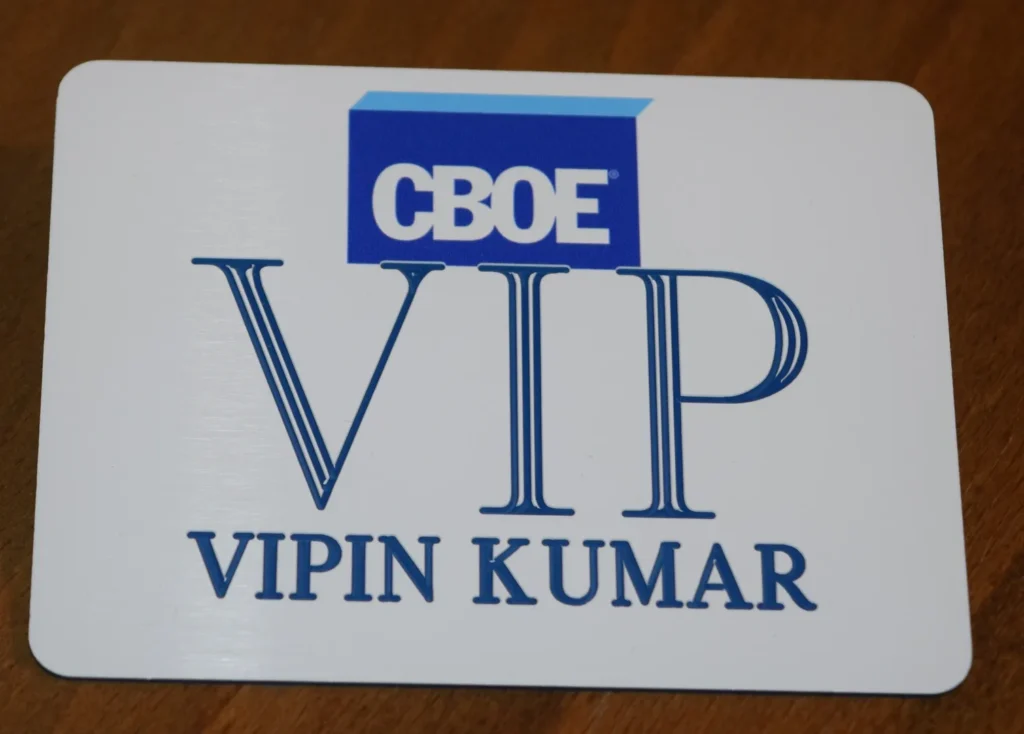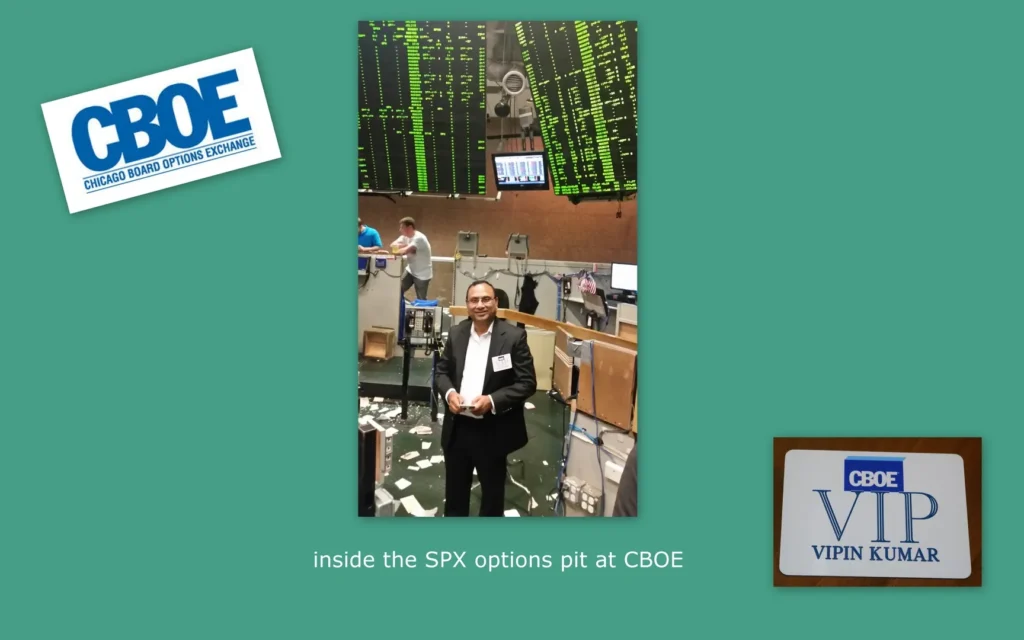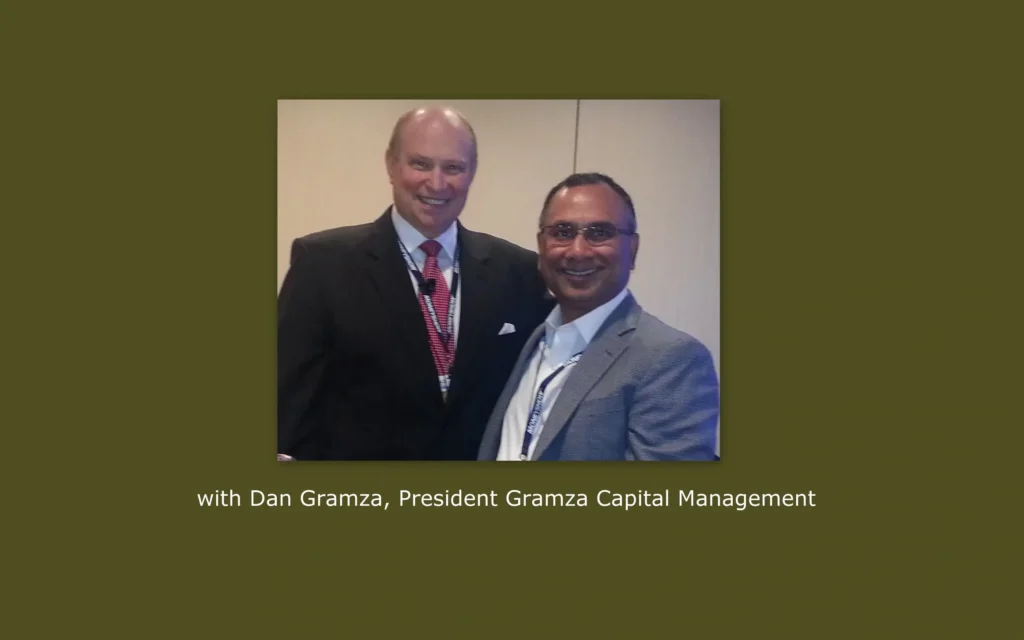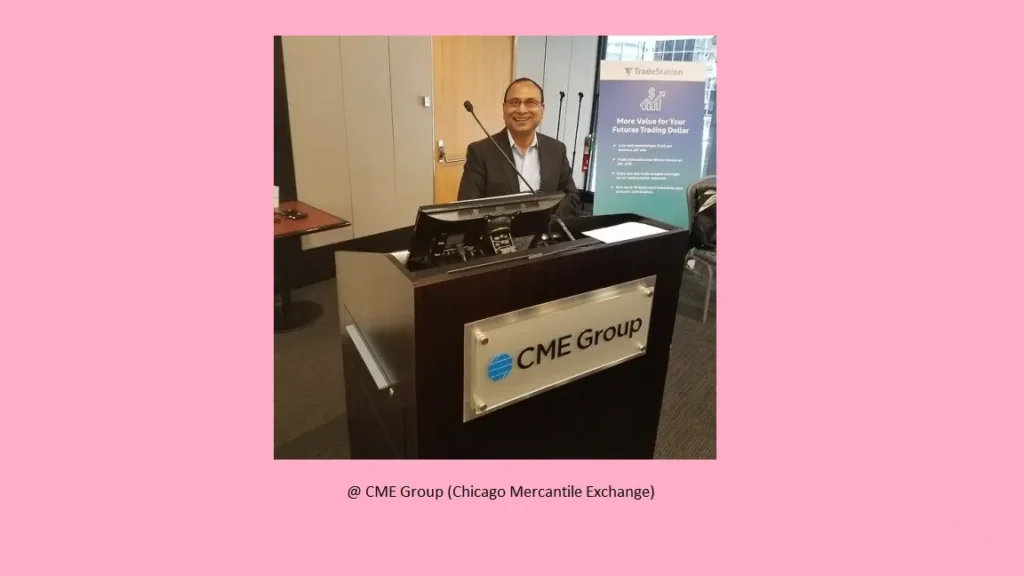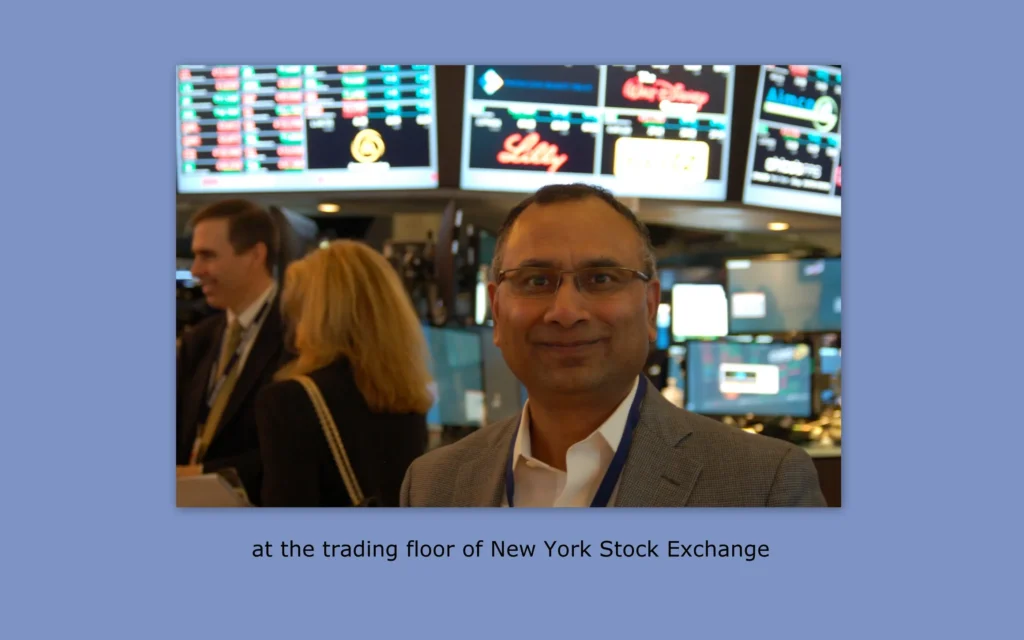“Ms. Market is efficient, but being chased by emotional creatures (aka humans), she stays in motion (i.e. unsteady)” ~ TheVIP
let me start with a joke: both Graham & Buffett (i have high respect for both of them as experts in financial markets) used the term Mr. Market … & i wonder why they used a masculine metaphor … then there are academic types who believe that markets are efficient and the intellectual types who sweat so much with market’s movements that they call it random … like a drunk man walking on the street & people utter breathing inconsistently, “Markets go up & down .. up & down ..!” .. i wish i could sing this line for you </end of joke> … serious content from here onward
& i don’t disagree with them – how dare i can challenge some noble laureate like Eugene Fama? … but let me try a different analogy, since i see the world differently & my experience with markets is quite different.
based on my observations & experience, there is nothing masculine about markets, rather market behavior feels like feminine … she shows up every day; hence persistent … flexible & responsive, hence efficient .. a curvilinear body and walks in a rhythm (if you look at the charts); so, i think, a female metaphor would suit better to describer market’s behavior & this is the key difference in my thinking and the rest of the world … so i call her Ms. market.
in my words, Ms. Market is responsive, efficient, able to handle all external pressures, and still walks in a perfect catwalk style, and everything falls into place, naturally …!
Markets & Human behavior
Ms. Market is efficient, but chased by emotional creatures (aka humans), she stays in motion (i.e. unsteady).
she is efficient, as she absorbs and reacts to everything; and at the same time, being a perpetual machine, she never sleeps & keep on reacting to as new information/news/events show up throughout the day, which makes her unsteady.
on top of that, she is emotional, so reacts to this new information based on her mood ..!
third, unsteady doesn’t mean random, what most of the academics believe. its like if you keep on poking someone all the time, what do you expect ? its a behavior trait that can be projected over short-term based on cause and effect.
finally, news/ information absorption is a process, which is NOT real-time as presumed by academia’s efficient market hypothesis, which simply says that an asset price reflects all available information & nothing about when & how; i guess they never had to worry about this part because none of them ever traded in the market; on the contrary, working with markets for decades, my experience is that bigger the news, longer it takes to absorb – from minutes to over-night (just like when you have a heavy meal); like a human, she does absorb all, but not right away.
Physical Objects & Human behavior
we discussed Ms. Market’s behavior in literary terms, which is not precise; hence can’t help building a model of market behavior; so, let’s switch for something precise for a moment and let me describe the behavior of physical bodies, as that’s where physics can help us with mathematical models.
the behavior of physical objects can be predicted using laws of physics … everybody knows that … interestingly, i believe that the same laws apply to humans; i.e. humans behavior is similar to physical objects … how so ..?
well, it is hard for most people to accept this fact; so, let me try with a few examples:
both physical objects and humans have inertia, although, for humans, we call it stubbornness; i.e. men don’t learn [about handling investments] and continue to lose money for the same reasons, again & again … electrical bodies, charged similarly repel each other while opposite charge attract each other – just like humans (well, most of the times ..!) .. when two people like each other, we say there are good vibes between them, same goes with physical objects, as when they vibrate at the same frequency, we call it resonance (max energy transfer between them) … & both physical objects & humans develop a force between each other – known as gravitational force – generated due to mass of two bodies & distance between them (due to closeness) … in terms of gravitational force equation, r becomes zero .. think how a situation becomes intense when two humans of opposite sex come close to each other … okay, i will take a diversion here ..!
per Einstein, gravity is nothing but space time relationship; the space-time relationship tells matter how to move … and so is Ms. Market, who does the catwalk, is run by the traders, driving her crazy, & we call her movements as random … how’s your head working now … do you feel the pressure ..?
moreover, the difference between humans and physical objects is that humans are filled with emotions; therefore, act irrationally … this is what i call a double benefit of being human; i.e. first, humans behave similar to physical bodies & on top of that act irrationally since they are filled with emotions.
the point of introducing physical object’s behavior / physics here is that it has been defined with great precision by a few vary smart folks like Galileo, Newton & Einstein … & IF there is a parallel between human and physical objects behavior, then the same equations/models can be leveraged … of course, with a modification …WoW ..!
Conclusion
Ms. Market’s behavior is based on human behavior, & human behavior is similar to physical object’s behavior, mixed with human emotions.
why did i use physical objects in my thesis & put them in the middle of markets & humans?
well, because both physical objects & humans portray similar behavior, except emotions, but physical objects’ behavior has already been described in laws of physics; so the equations/models of physics can be leveraged to describe human behavior … so. i took those laws/equations of physics and augmented them for human emotions; i.e. built a model to project human behavior in a stock market situation based on their current state of emotions (aka Behavioral Physics) … & in order to capture Behavioral Physics, i developed my own Behavioral Mathematics & voila, dinner is served ..!
checkpoint: at this point, if you still believe that markets are random, or humans are way different than physical objects in terms of behavior, except the emotional part, which makes them worse, then the content on this website wouldn’t make sense to you .. & it may be good time to leave ..!

& now The real Ms. Market
let’s talk about what she is made of
looking inside of her, Ms. Market is a collection of billions (i.e. a gigantic number) of daily transactions executed on behalf of humans or machines round the clock.
& putting it all together: financial markets are gigantic collection of transactions, submitted by humans (or machines)*, who behave similar to physical objects & act irrationally … how beautiful & romantic .. & now looking at the picture on your left .. well, she represents ms. market’s behavioral aspects & she only appears in dreams .. the picture on the right is the real Ms. Market … still interested ?
* btw, similar to humans, machines (termed as algos or algorithms) also behave emotionally, as computer programs are written by humans, and they work on behalf of humans, exactly the same way as humans would .. until we get some serious artificial intelligence (AI stuff) which is machine made and NOT man made stuff [which is available now-a-days].
& now, let’s apply the inversion principle (courtesy Charlie Munger) and build a hypothesis reversing our previous statement: based on the logic that human behavior is similar to physical objects’ behavior, & IF one can project this [irrational] human behavior with statistical certainty, leveraging existing laws of physics and augment the model with human emotions, then Ms. Market’s behavior can be projected for short-term.
that’s it .. it is so simple, and in some ways so stupid; therefore, meets my vision statement.
My relationship with Ms. market
for those who are not familiar with my work and are new to the site, let me share my history with her
the thought process began around Christmas in 1990, the library of Eden Prairies, MN … its a funny story, as initially i thought if i can capture all available information in a database, then a predictable model can be built based on cause & effect & based on this thought, did lots of experiments in 1990-1995, when Internet was not prevalent; so i built various databases & also joined the MBA program at Santa Clara University to learn about Finance and Investments.
by 1999- 2000, as i was finishing my MBA, all financial information became available on Internet, so in 2001, i started building scrapers (using java) to collect real-time data from Internet & wrote various programs that transform this data into various spreadsheets based models to do projections; did hundreds of experiments like an artist would paint stroke by stroke & tear off his own paintings in the end … built models based on fundamental, econometric & technical analysis, and they all failed to project market behavior with statistical certainty, especially during the dot com boom & burst in 1999-2002 as well as financial crisis in 2008.
after a series of experiments that lasted a decade, in Feb 2011, i switched to behavioral finance and since then have been working full-time on my thesis … so, i have a relationship with her for more than a quarter century … working non-stop days & sleepless nights (yes, she in my dreams too!) ..!
so one day, she will be mine and mine only, as we are truly made for each other … that’s obsession (not just passion) by definition ..!
in fact. i chose to take this challenge, as no one else dares to touch her, since they call her behavior “random,” but for me, every inch of her skin is a holy grail that i got to find (courtesy: 50 shades of grey) … moreover, each day is different with her as it all depends on her mood; hence knowing her [behavior] is a moving target … and as much as I know, no one else is chasing her with so much passion; so i don’t have to worry about competition.
over this quarter century, i have invested and traded using stocks, ETFs, bonds, indexes, options & futures and have written, tested & discarded more than 500 versions of my thesis describing her behavior & the journey continues …
people, places & artifacts – my inspiration
Ms. Market & ME- made for each Other
before i dive into me, let me ask a question, as you begin your day, if you had a choice between learning something new versus making money, which one would you go for, assuming both is not an option ..?
in addition to understanding Ms. Market & other people’s behavior, it is equally important to understanding your own individual behavior ... so, let’s talk about VIP in this context – i.e. my own behavior & how does it help me build a relationship with Ms. Market:
1) i am an Explorer (official title on my business card) … about quarter century ago, i started analyzing the market with a simple thought “neither i, nor anyone else, can describe the stock market behavior with statistical certainty, but there is definitely an answer out there … as if the universe’s behavior can be described by such a simple notation E=MC2 … that the universe consists of two things – mass & energy, which are convertible into each other … then the stock market behavior can’t be more complicated than that … & this website is a narration of my journey as an explorer.
2) i am a born contrarian … it is in my nature that i see the world differently [than most people]; a clear example is this very thesis which is simply based on the assumption that market behavior is feminine; therefore, i use a totally different approach as well as a metaphor, which is contrary to what’s used by some of the great minds like Graham & Buffett.
moreover, for investment decisions, most people start with conventional wisdom, and then “try to reverse” the thought process to arrive at so called “contrarian thinking,” which seems easy, but really hard to implement, because it is not natural … i, OTOH, think naturally as a contrarian; i.e. against the conventional wisdom as an initial response to any situation; therefore, never needed reversing.
since my analysis starts with contrarian thinking, i don’t validate my hypothesis by talking to anyone else, rather by observing other people / market’s behavior (check Humans/Individuals page for further details & explanation of this using Heisenberg’s principle).
buying a security when it just hit bottom, even if you know for sure, or selling it short when you have watched its ride, is not everyone’s cup of tea, as it can hurt .. badly .. because market may take longer to come in agreement with you or not at all … but think about Buffett’s investments in the midst of the great recession … he invested in Goldman Sachs, Bank of America and other companies in H2, 2008 … that’s how he makes extra-ordinary returns … however, for most people, investment in such situations is almost impossible to do .. bottom-line, you got to be contrarian to be above average in market.
3) i am an experimenter … to quote Jeff Bezos, “experimenting is something that you do when you don’t know the outcome” .. because if you already know the outcome (or your boss / management is only looking for a positive outcome) then it is not an experiment … which means that by design, a good number of experiments will fail before you finally succeed … but what is important is that you learn from those failures … btw, if you are interested in learning practical and meaningful management principles – watch Jeff Bezos’ videos on youtube … no wonder he is the richest man on earth ..!
this whole idea of experimentation is really hard for people in business world to understand, where you are measured with your success & not what you learned [from your failed experiments] … moreover, most of the corporate world is driven by short-term thinking … during my career, i had hard time building short-term solutions; OTOH, i can build a solution to almost any problem in long-term, but you can’t time bound it .. this thesis is a good example of this trait .. it’s not my goal to write a book or get a PhD in this subject, still it has been a decade long experiment working full-time and a quarter century part-time … in this period, i have done thousands of experiments and have built hundreds of models that have failed; i.e. the ones which couldn’t beat the market.
finally, in 2010, i was able to build one that would beat the market matching Warren Buffet’s returns, but i was neither satisfied nor happy with the results, as i continue to find opportunities for improvement in my models; therefore, have been experimenting till date.
4) i am a self-reliant person – i enjoy doing things my own … things that i love; and trading happens to be one of them … i am fully self-reliant on my trading venture … do my own research (collecting everything on Internet at no cost), IT infrastructure, my taxes & accounting, my website & blog & on administrative side, travel planning, scheduling, interior decorations & lately cooking … so, i pretty much run my own show.
i love the story of Amazon and Jeff Bezos on this topic .. how being a self-reliant person helped Jeff to shape Amazon in early days and is still true.
5) i am a seeker of knowledge (watch Videos on this topic by Sadhguru on Human Mind & body page)
“Ask and it will be given to you; seek and you will find; knock and the door will be opened to you” Matthew 7:7
i am a student of science and engineering, but when i got curious about financial markets, i attended one of the top university in USA .. spent three years part-time and found that academics believe markets are random, as the events that drive the markets can’t be predicted … so they have no opinion on why markets behave certain way … however, for me, calling her behavior as random seems like an excuse of not knowing .. as i always believed that nothing is random in this universe, including the behavior of stock market, as anything and everything that is happening in this universe is based on cause and effect (physics: Newton’s law).
follow this scenario: first, you project Ms. Market to be with you, & if all goes well, she will be, but if she is not with you, then she is with someone else … it’s not that she is walking randomly on the street … why this is so hard to understand .. simply follow the Heisenberg’s principle, and it will start to make make sense, as i just transformed an uncertainty into certainty .. it’s just that accepting the facts is so hard for humans .. !
just because you don’t know the cause [due to human limitations], it doesn’t mean that the effects are random … for me, assuming / believing that markets are random is like taking an easy route.
people’s behavior, which is based on emotions like greed & fear, drives the markets & has not changed in thousands of years of human history … in conclusion, i refuse to accept that markets are random & since i had nothing else to do in my life, i took this as a challenge to prove that markets follows a cause & effect paradigm, because they are driven by humans [behavior], & human behavior is not random.
if you noticed in the above paragraph, i use the principle invert, always invert … i use this principle for analyzing something which is hard to understand – btw, this is frequently used by Charlie Munger for his investments & decisions making … for most people, using inversion as a principle of life would feel like walking on your head, but it’s works naturally for me … & if you are comfortable with that (i.e. walking on your head!), feel free to join me in my journey … my research, my practice & this site are all around this ..!
6) i am a practical mathematician who uses mathematics & statistics heavily in daily life .. since my childhood, i enjoyed playing with numbers & patterns .. partly it’s in my DNA, as i belong to Hindu:Aggarwal:Baniya family from old Delhi .. as per Wikipedia, Aggarwals are one of the most prominent mercantile communities of Northern India .. so the credit goes to my parents and grandparents and to my middle school mathematics teachers (Sh. Mangat Ram Ji & Sh. Mudgil Ji).
since numbers are absolute, before anything makes sense to me, i always try to translate them into numbers; & once i am able to convert something into numbers – an absolute state, it is hard to get confused, and any argument becomes non-negotiable … when i decided to embark upon this journey to understand the relationship between human behavior and financial markets, i decided to tackle the biggest challenge of my life: translate human behavior into numbers … to which a normal person would say, What ?
7) i am a strong opinionated person & generally, i am quite clear about things i know and things i don’t know … i provide NO opinion on things that are beyond my expertise … & in addition, i am NOT interested in other people’s opinions because of two reasons: first, most people talk from top of their head (i.e. general opinion, “like this is what they think” and i am not interested in any opinions which are not based on data or untested, i.e. something not based on solid research; second, i am not interested in your opinion that you made based on watching TV because any & all channels are biased, and i already know what you know as soon as i find your channel which i can/will the moment you open your mouth … so, unless you are not an expert on something, i would rather not have a discussion with you on that topic … i build my knowledge base by reading books (and some online) – a trait best applied by Charlie Munger … despite having a good collection of books, i still buy at least one book per month and read about 100 articles per week.
in my school days, i never liked questions with multiple choice answers … i consider it as the examiner tricking & teasing students by giving a couple of stupid answers, while giving the student a chance to play rather than focusing on an approach to solve the problem … on the contrary, my approach has always been to solve tough problems to the extent that i can, and try again & again, until i am done.
how does this affects my trading ? i don’t like to trade with options as they give you a choice, so the decisions are taken in steps .. little by little – this behavior translates into trade stops … or options players limit their losses by paring (spreads, straddles & condors), but these also limit your upside when you are right … most people like to have choices in life, i don’t … i would rather make a choice before i enter in the game, whether to play the game or not … but once i am in, i play with futures and don’t use stops .. this is how strong i feel about my opinions, until proven wrong, and then i work on it, until i fix it.
8) i am NOT a consensus driven person … consensus works in democratic situations like corporate world, but generally leads to a disaster on Wall-street, as it turns into herd like behavior because if your thinking is similar to others, then your returns at best would be average.
further, i like individuals (not teams) to take responsibility; i.e. be accountable, make your decisions and live with the consequences … some people who have worked with me in past see this as “My way or Highway” approach, which is not true, rather it is “My way or Your way”; i.e. i have no problem going your way, but can’t drive in the center of the road, appropriately named as “suicide lane,” as i don’t like to mix & match; i.e. if we try to go both ways, then we simply stand-still or look for an opportunity to blame others, which happens in many of the corporate world situations .. i just don’t like the decisions made by committees because no single person is accountable, if things go south.
moreover, i believe that most of problems in this world can be solved, if we focus ONLY on the problem; however, in typical situations (corporation, home, political organizations) when we have multiple people collectively trying to solve a problem; then it is not just the problem that we need to deal with; but, in addition, an agenda of each person who is part of the team; which makes the situation complicated and makes it difficult to solve.
therefore, even when i accept other people’s input/opinions, i first make sure that they have the expertise in the area .. i don’t like anyone sharing their random/top of the head ideas in a meeting / discussions because then it becomes a task for the other person to disqualify the idea, which, in general, was a meaningless input/opinion in first place – a typical corporate situation where people waste so much time simply to disqualify a top of the head stupid idea by someone, who had no connection or relation with the problem.
democracy, as defined by Greek philosophers Socrates & Plato, assumes that the participants have sufficient and necessary knowledge in presenting/arguing the subject and participating in a vote representing their self-interest … neither of those conditions are true in modern real-life situations; therefore, unless you have an expertise about matter on hand, you shouldn’t have a right to vote in that situation … that’s how strong my thought process is .. think about this statement in the context of BREXIT .. what a mess it has been since the people of Britain cast their vote, because they had no idea about its implications.
9) i have mixed feelings about use of technology – before i finish talking about myself, i must say something about use of technology … this will show my contrarian nature … i am a big believer of using technology & automation in business environment .. i worked in Information Technology for fortune 500 as well as startup organizations .. technology brings efficiencies, reduces costs and helps implementing & improving processes … however, i am highly reserved in using tech gadgets in personal life for various reasons .. use of technology / instruments in personal life limits the development of human capabilities; e.g. now-a-days calculators are so cheap (scientific calculators used to be a luxury item when i was in college) that people hardly do calculations of their own, which seriously limits ones mental capacity to think logically and handle various situations mathematically .. using calculators is not a bad idea, but should be limited for complex calculations …
similarly, i do not use an alarm clock to wake up in morning even though my job is so much dependent on getting up on time, but i prefer to rely on my body clock rather than an electronic clock … the way i think is that there is so much automation in this world & to run that automation properly, you need to have a happy mind and healthy body … which require improvement / capability development of human mind & body; therefore, i prefer to stay as much manual as possible in my personal life .. so much that you won’t find me on facebook, although i am reachable on linkedin.
10) i follow Hinduism … & i have done good amount of study of other religions and i respect all of them .. in today’s world talking about religion may not be considered normal … well, you should know by now that i am anything but normal … i follow Hinduism because it is based on logic & some of the things are being proven now-a-days, as science is catching up, and technology becomes available, even though these things are practiced in India for ages like Ayurveda, Yoga & meditation – it’s healthcare, medicine, and nutrition all packaged into one …! … the reason i mention it here is that i have used various teachings of Hinduism to explain human and market behavior throughout this website … & if this bothers you, you may choose to leave the site right away.
plus, i have been a devotee of Shiva since my childhood (for more material on this topic, check out Wellness/Sanatan Dharma page) … in Sanatan Dharma (also know as Hinduism in the western world), Shiva is defined as “what he is not” or in other words, a contrarian view of the world .. Shiva can only be understood by defining what he is not … & i say Wow … i have been in this contrarian human behavior thingy since my childhood, even before the subject existed.
so you can have some understanding of who i am, and why i do, what i do, is based on above mentioned behaviors.
11) as if 10 were not enough to describe me, i am a “logician” .. a term used to describe INTP behavior (MBTI) … & you may say that i have done enough research on my own behavior … an INTP is driven in search for a reason, because there is logic to everything in this universe including financial markets behavior, same as cause & effect … on the contrary, i am not keen in looking into evidence; so, i particularly don’t care whether you tell me truth or a lie, but please don’t say anything illogical & that’s how i will catch you, as you won’t be able to hold me for long without logic ..!
further, based on logic i try to perceive the situation, & not make any judgement ..!
moreover, INTP, including me, have no intention to change the world … they live in their own thoughts, do the thinking for their own sake to connect the pieces in this universe, but they don’t dream of turning those thoughts into a big undertaking, so they are misunderstood by most people … on the contrary, if the worlds gets any benefit out of it, that’s fine too, but it’s not a goal ..!
not only i am an intuitive, thinking and an introvert personality, on top of that, my ranking came as among 1% of INTP, who happened to be 2% of the human population; so, you do the math .. no wonder i am hard to crack & if you have a strong opinion about me, i don’t blame you ..!
an INTP sees the world as myriad of possibilities; specifically, the way i see a given situation is how much i don’t know versus i do … its not a negative trait, rather an INTP always sees far more possibilities than most others do … & this becomes a point of contention when dealing with people; e.g. if i have an interest in a subject & am facing a situation, chances are high that i have already identified 24 possibilities, & i know that there are 24 more out there, even though i can’t describe them at present.
secondly, INTP spend most of their times thinking & planning – a plan that never completes; generally lasts a decade, much like this venture, but . but . but, once they call it done, its really done; i.e. the solution is simple, stupid & fool proof, & they are not done until they arrive at something that can be described in 5 letters; like E = MC2.
btw, Albert Einstein, Charles Darwin, Adam Smith, Friedrich Hayek, & Alan Greenspan are some of the examples of INTP.
& finally, during my trip to Europe & Russia [Aug 2015], folks asked me to explain “who am i” versus “what i do”; so, i gave a good thought to this question & put together a summary to describe myself – i am a behavioral economist, but not an academic .. an analytical & curious person, passionate about finance, practice what i preach, everyday; an explorer who enjoys traveling world-wide to study people, places, cultures & economies; an engineering mind who enjoys building [little] things & always looking for opportunities to learn new things.
& that’s VIP in a nut-shell, well this must be a big nut like a walnut ..!
or you may watch the following video ..!
